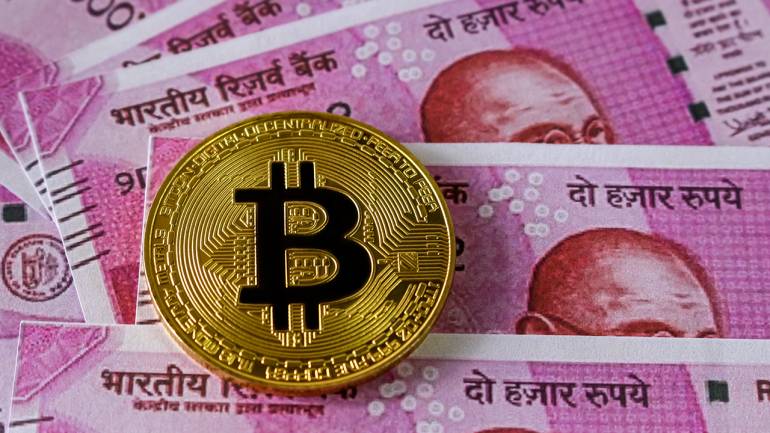Today was the proverbial D-Day for the cryptocurrency industry in India as the Supreme Court was scheduled to hear the case against the Reserve Bank of India (RBI) instituting a ban forbidding all commercial banks in the country from facilitating crypto related transactions. The RBI ban also forbade all other regulated financial institutions from providing the said services. However, all crypto-to-crypto transactions were not affected by the ban.
The petition to reverse the ban was forwarded to Chief Justice Dipak Misra and Justices A.M Khanwilkar and D.Y Chandrachud. The country’s Attorney General was also present representing the government of India, further signifying the severity of the matter.
However, the court witnessed limited arguments brought forward by the lawyers representing the Internet and Mobile Association of India (IAMAI) which considers domestic crypto exchanges as part of its fraternity. There was also lack of concrete opinion from other prominent authorities during the hearing thereby forcing the Supreme Court to defer the date of the hearing to September 11th this year.
These events were further reported by Crypto Kanoon which is the local source of crypto and blockchain related news. Crypto Kanoon reported the following in a tweet after the decision to postpone the hearing was made:
Limited arguments were advanced on behalf of IAMAI and RBI today. Since SEBI and few others have not filed their response to the Petition seeking regulation, so the Court directed for completion of pleadings. Final arguments on 11th September.
— Crypto Kanoon (@cryptokanoon) July 20, 2018
Crypto Kanoon would also add that the SEBI (Securities and Exchange Board of India) and few other remaining parties had not filed their responses to the petition seeking regulation. All parties were given 4 weeks to file their replies with the court.
The CEO of the Pocketbits crypto exchange had this to say with regards to the outcome of today’s hearing:
Final hearing [is] slated for 11th of September. Now that is the Judgement Day.
According to sources familiar with the case, the RBI is being challenged through two aspects of the Indian constitution. The first being that all citizens of the country have the right to carry out any occupation, trade or business. The second is that the constitution also prohibits discrimination and mandates equal protection under the law of the country.

